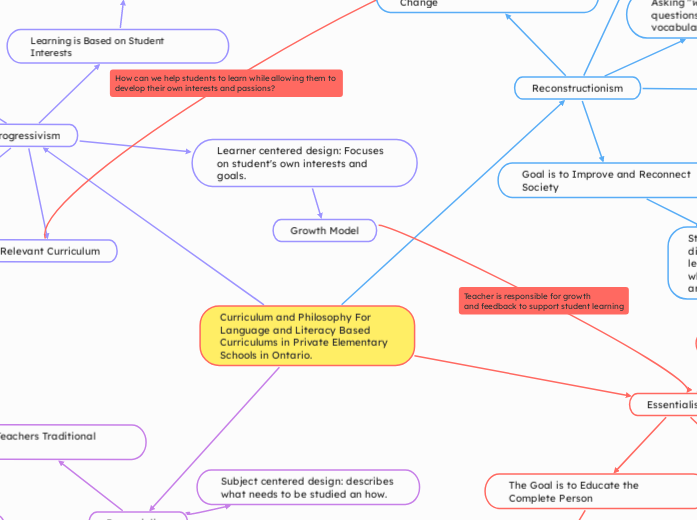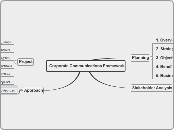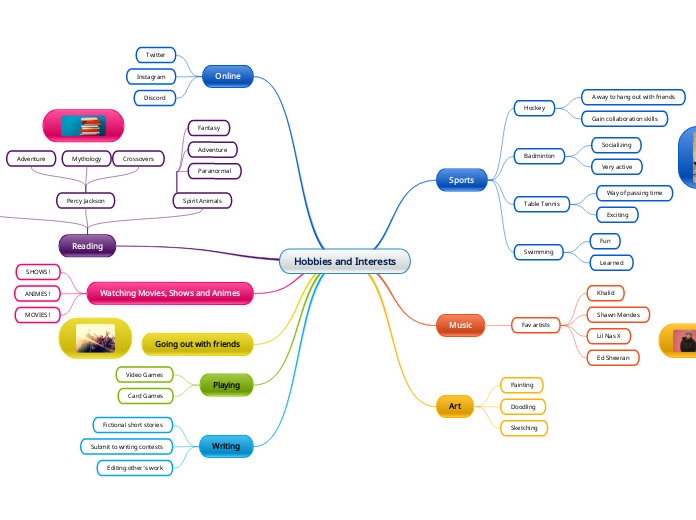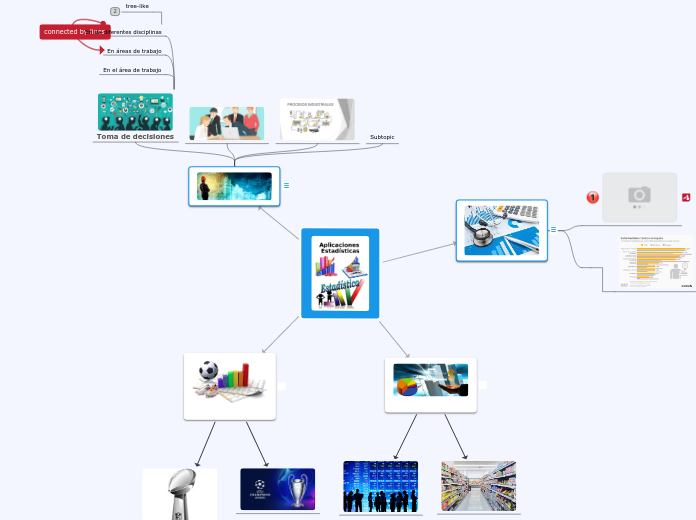Curriculum and Philosophy For Language and Literacy Based Curriculums in Private Elementary Schools in Ontario.
Reconstructionism
Asking "what's the big idea?" and questions to build and improve vocabulary.
Teacher Acts as an Agent of Change
Making inferences with text/finding the main idea
set goals to meet
rather than grades
Supports Skills for the Future
Learner centered: Aims to empower learners to shape their education with what they think is important and identify future goals.
Using technology (laptops/iPads) for writing tasks such as journalling.
The initial focus will be on the information and idea generating. Second will be learning to write and convery ideas in written forms.
Teaches Skills Required For Change
Goal is to Improve and Reconnect Society
Students facilitate "Current Events" discussions as an opportunity to learn and educate their peers on what is happening in the world around them.
Progressivism
Learner centered design: Focuses on student's own interests and goals.
Growth Model
Relevant Curriculum
Learning is Based on Student Interests
Students are encouraged to choose books based on individual interests at the library or quiet reading time.
Teacher is Guide
Questions Such As:
1. What do you think would happen if...___?
2. Why do you think_____happened?
3. Do you think there is another way to get that answer?
Active and Interesting Learning
Learner centered: students engaging in literacy centers to enhance independence and apply knowledge to work.
Knowledge Leads to Growth and Development
Supporting Democratic and Social Living
active child: students who initiates their own learning through communication based on their interests of the world.
In social studies, if the student is interested in the environment, they may make posters for their school about the importance of conservation
Perennialism
Subject centered design: describes what needs to be studied an how.
Explicitly Teachers Traditional Values
Classic Subjects are Taught
Using Shakespeare to teach modern day novel studies
Fact Based
reading historical texts for reading comprehension
reading/learning about history through non-fiction books
Promotes Intelligence
Students are regularly quizzed on novel studies material to ensure understanding of literary devices.
Essentialism
Focus on Three R's
"reading, 'riting, 'rithmetic"
Set schedule times for reading, writing, math, and other care academic areas
Teacher is the Authority
Teacher teaches phonics or spelling rules of complex words and definitions through "word study".
Teaches Essential and Academic Skills
Problem centered design: focuses on teaching students to be problem solvers.
Implementing reading, writing and spelling in the weekly schedule.
problem based: using reading skills to follow recipes/ directions
Promotes Intellectual Growth
Regarding the Individual
The Goal is to Educate the Complete Person
Teaching students that the importance of reading is the beginning of wisdom.
Significant effort is put on reading accuracy and fluency. Robust remediation is in effect
strategic reading program
Eg. Direct Instruction, Jolly Phonics, Ortan Gillingham









